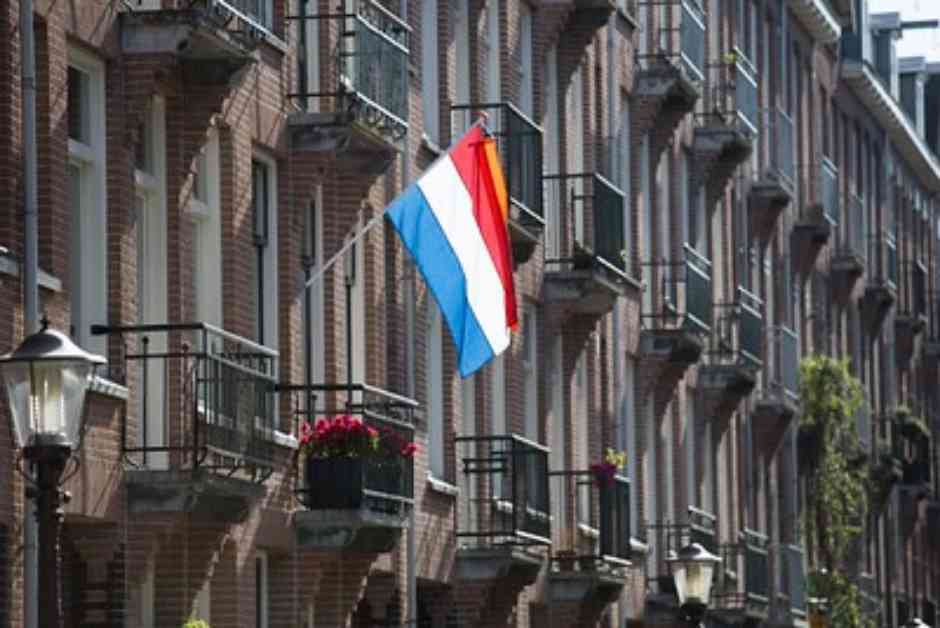The Dutch Prime Minister, Dick Schoof, recently announced a 7.3 percent increase in gambling tax in the Netherlands to discourage gambling activities in the country. The tax hike, set to come into effect in January 2026, aims to deter individuals from engaging in gambling. The decision to stagger the tax increase was made to address concerns from the sports industry, which benefits from gambling revenues.
In the UK, the Gambling Commission (UKGC) has taken legal action against Sorare.com, a crypto fantasy sports site, for offering unlicensed gambling services to British consumers. Sorare.com allows users to trade digital player cards and participate in fantasy sports competitions for cash prizes. The UKGC has accused Sorare.com of providing gambling facilities without a valid license. This legal battle highlights the regulatory challenges faced by online gambling platforms in Europe.
A recent report by Regulus Partners and Entain has pointed out that increasing regulatory restrictions, such as tax hikes and spending limits, are fueling the growth of the black market in online gambling. European regulators are implementing stringent player protection measures, which are inadvertently driving gamblers towards unlicensed operators. The report suggests that blocking unlicensed sites and restricting payments to their IP addresses could be effective in curbing the black market.
Furthermore, Dutch operators are facing a class-action lawsuit filed by the advocacy group Gokverliesterug for losses incurred by Dutch consumers prior to October 2021. This legal action underscores the challenges faced by operators who were active in the market before obtaining a license. Similar lawsuits in neighboring markets like Germany and Austria have resulted in rulings favoring the players, highlighting the legal complexities surrounding online gambling regulations.
In Germany, the gambling regulator, GGL, has commended the public for submitting over 1,500 tips on illegal online gambling operators since January 2023. These reports have helped the authorities crack down on unlicensed operators and ensure compliance with gambling regulations. The GGL’s efforts to investigate illegal gambling activities demonstrate the importance of public participation in maintaining the integrity of the online gambling industry.
Overall, the evolving landscape of online gambling regulations in Europe highlights the challenges faced by both regulators and operators in ensuring a safe and transparent gaming environment. The increased focus on player protection, tax compliance, and licensing requirements underscores the need for ongoing cooperation between industry stakeholders and regulatory authorities to address emerging issues in the online gambling sector.



